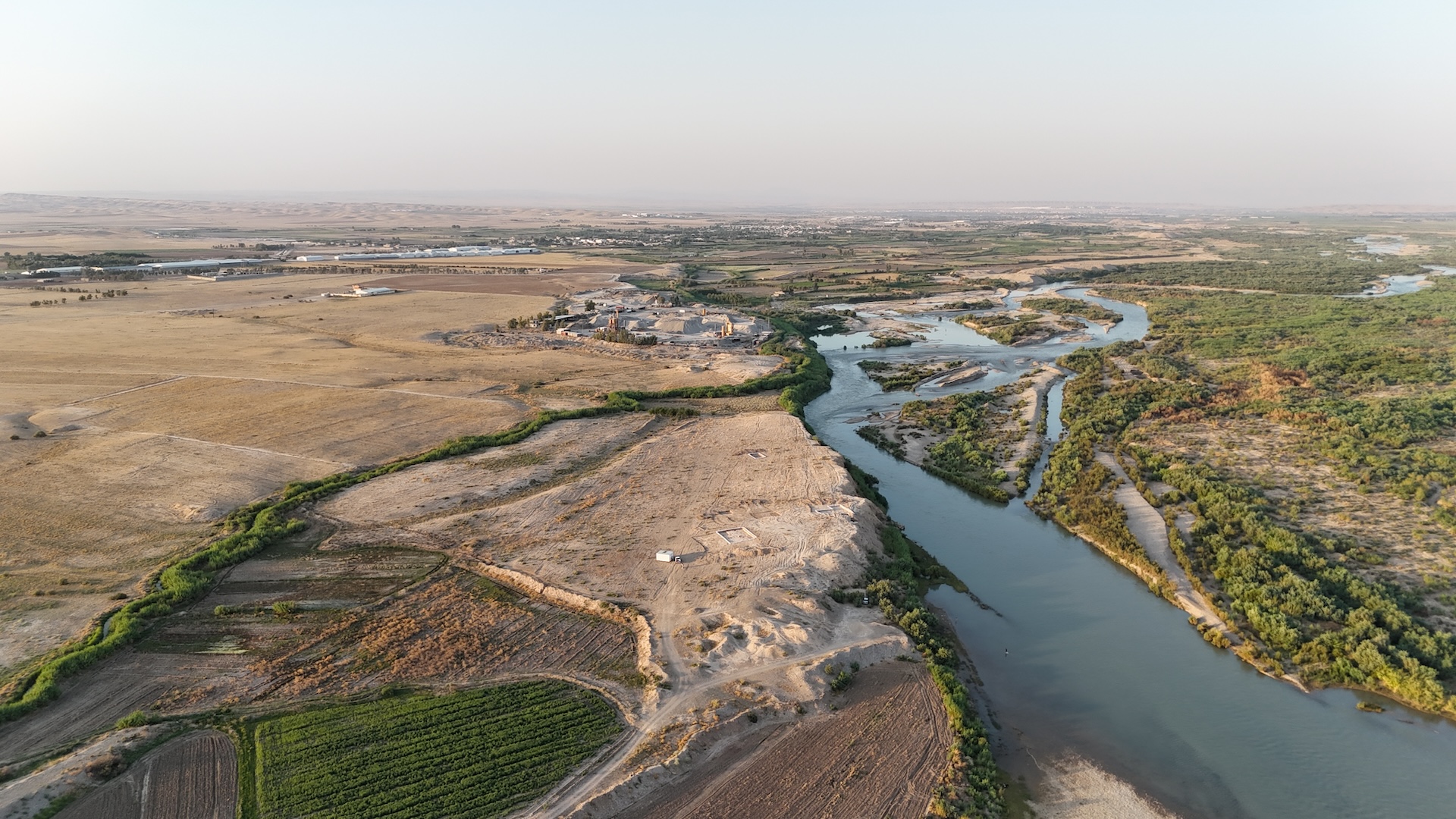Cancers, Vol. 16, Pages 4049: Elevated Expression of Cell Adhesion, Metabolic, and Mucus Secretion Gene Clusters Associated with Tumorigenesis, Metastasis, and Poor Survival in Pancreatic Ductal Adenocarcinoma
Cancers doi: 10.3390/cancers16234049
Authors: Karthik Balakrishnan Yi Xiao Yuanhong Chen Jixin Dong
Objectives: Technological advances in identifying gene expression profiles are being applied to study an array of cancers. The goal of this study was to identify differentially expressed genes in pancreatic ductal adenocarcinoma (PDAC) and examine their potential role in tumorigenesis and metastasis. Methods: The transcriptomic profiles of PDAC and non-tumorous tissue samples were derived from the gene expression omnibus (GEO), which is a public repository. The GEO2R tool was used to further derive differentially expressed genes from those profiles. Results: In this study, a total of 68 genes were derived from upregulated PDAC genes in three or more transcriptomic profiles and were considered PDAC gene sets. The identified PDAC gene sets were examined in the molecular signatures database (MSigDB) for ontological investigation, which revealed that these genes were involved in the extracellular matrix and associated with the cell adhesion process in PDAC tumorigenesis. The gene set enrichment analysis showed greater enrichment scores for the gene sets. Moreover, the identified gene sets were examined for protein–protein interaction using the STRING database. Based on functional k-means clustering, the following three functional cluster groups were identified in this study: extracellular matrix/cell adhesion, metabolic, and mucus secretion-related protein groups. The receiver operating characteristic (ROC) curve revealed greater specificity and sensitivity for these cluster genes in predicting PDAC tumorigenesis and metastases. In addition, the expression of the cluster genes affects the overall survival rate of PDAC patients. Using the cancer genome atlas (TCGA) database, the associations between expression levels and clinicopathological features were validated. Conclusions: Overall, the genes identified in this study appear to be critical in PDAC development and can serve as potential diagnostic and prognostic targets for pancreatic cancer treatment.

 1 day ago
10
1 day ago
10

